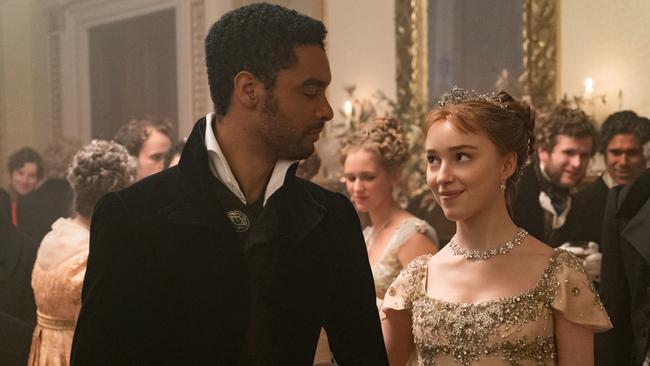
“She” is Shonda Rhimes, the highly successful producer who also happens to be African-American, and whose light touch on colour in Bridgerton could have as much impact on race relations as any worthy lecture.
My first reaction to the black queen and Duke of Hastings was to dismiss this as an “integrated casting” effort that was too woke for words. Like Luke Slattery, who argued on Thursday that Bridgerton whitewashed race history, I worried about the facts.
But as the Instagram-age version of Julia Quinn’s bodice-ripper books unfolds it’s clear that building a colourblind world gets a huge boost when media and popular culture look beyond the white actors, presenters or experts we take for granted. And how much better when it looks like an aside rather than the main game. The Bridgerton integration exercise is a lesson in set and forget. The idea that actors of colour get a fair run on TV is well entrenched: name a show made in the past decade that doesn’t have leading actors of African, Asian, Indian or Arab background. But Rhimes takes it to another level, playfully confronting us with a deeply political issue. And it is confronting.
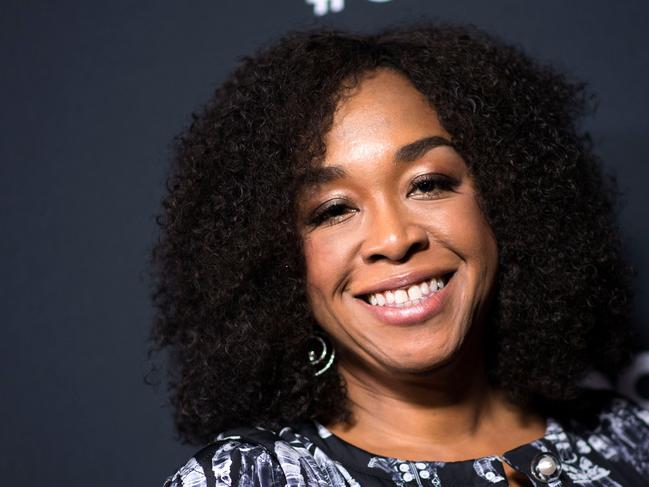
A few years ago, at the Eugene O’Neill play Ah, Wilderness! at the Young Vic in London, I had to wait until half time to ask friends what was going on. One of the three sons was played by a black actor and, unfamiliar with the play, I couldn’t work out if he was the illegitimate son, a friend or a servant. It was my first experience of integrated casting and clearly it didn’t really work. But time and exposure to a radical yet simple idea has shifted that. That said, integrated casting is not always workable, and perhaps as more black stories enter the canon it will be seen as a step along the way to a more balanced society.
It is a numbers game, after all. Remember the 1970s and 80s, even the 90s, when we needed little encouragement to believe the real power in offices and public life resided with white men? White, straight males were like the maypoles and the rest of us danced around them, clutching on to the ribbons that secured us to the central power so long as we didn’t strike out on our own.
The presence of women has shifted what we saw as “normal” but many corporations and institutions have a long way to go to address the reality — and the visuals — around race. Many don’t reflect the streets of our cities and suburbs. Yet could there be a bigger issue for the West at this time in history? When we see the Trumpian crowds converging on the Capitol the absence of black faces shows just how far we are from integrated anything.
I watched Bridgerton as I caught up on a couple of other stories about race in all its complexity.
The People v OJ Simpson is a 2016 series about his 1994 murder trial. When OJ is cleared, a black prosecutor delivers the killer line to the black defence lawyer. It’s something like: “I get it. It’s payback. He’s the first black man to get off because he’s black.”
Evening the score in this case was, most of us believe, a miscarriage of justice, but perhaps it was inevitable. Equally shocking is 13th, the 2016 documentary that links the American constitution’s 13th amendment — abolishing slavery and ending involuntary servitude in the US except as a punishment for conviction of a crime — to the unequal incarceration of African-Americans, their loss of voting rights and a profit-driven prison system.
Bridgerton may be more about sex than race, but in its own way it is evening the score — as well as being mightily entertaining.


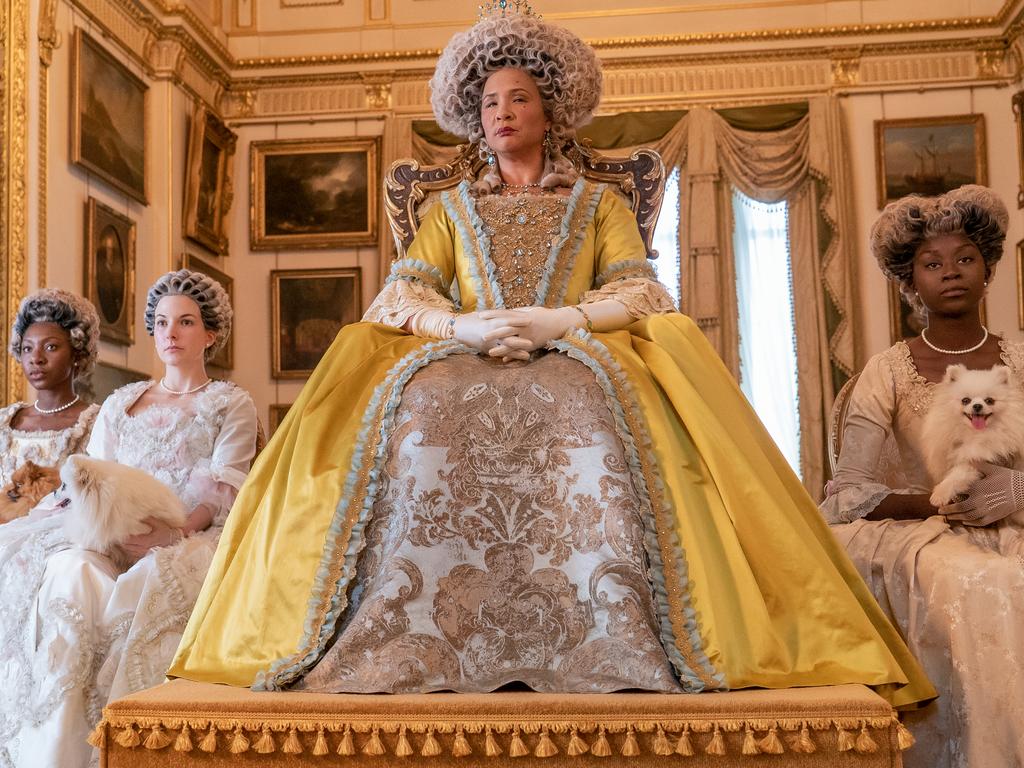
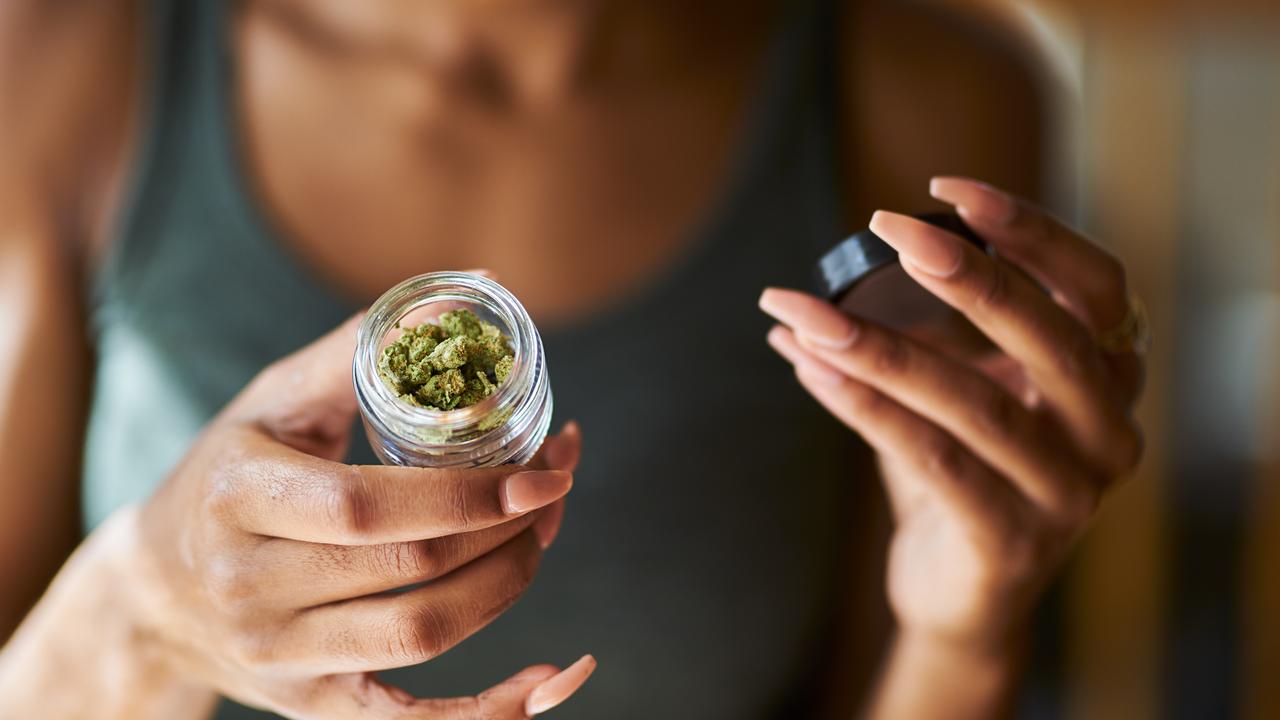
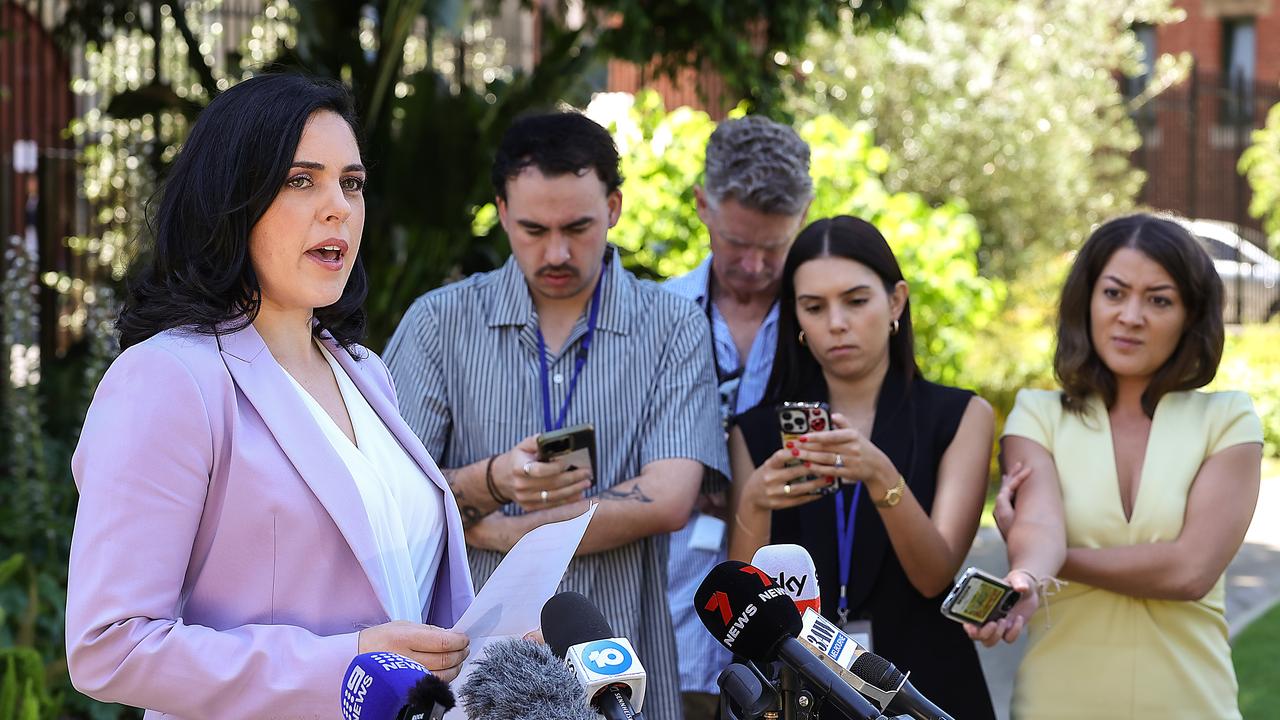
Bridgerton mangles history, race, sex and gender in a way that leaves the purists gasping but is surely the point of this 21st-century take on Regency romps. Sit a teenager in front of the TV series and chances are they will note the black faces among the monarchy and aristocracy — then simply forget them. As one announced recently during a baby-boomer analysis of the inclusion of so many black actors: “She’s just saying that it’s normal.”